Find help with Computer Security
The security of all machines and data on the ATSU network depends on every account and machine being secure and free of malware such as viruses, worms and spyware. A single insecure account or machine can cause a major security incident or cause a virus attack to be propagated. Many computer security incidents are preventable by a combination of keeping machines up to date, utilizing ATSU provided anti-virus protection and having strong passwords on all accounts in addition to safe browsing habits.
We know computing security can be a bewildering and confusing topic. The ITS department is committed to helping faculty, staff and students to protect their computers and information.
However, it is important that the entire ATSU community work to make sure that ATSU’s computing resources are safe and secure. The information on this page will help guide you in being a safe computer user.
Remember that many mobile devices have the power and functionality of a computer.
How to send encrypted emails
ATSU uses Mimecast for encrypting emails that contain sensitive information. Here’s how it works: By including the keyword [encrypt] in the subject line of your emails, you can take advantage of Mimecast’s secure email functionality. Using the keyword [encrypt] will automatically apply Mimecast’s encryption to your email, ensuring your sensitive... Read More
6 tips for using Google Authenticator effectively
Here are six tips for using Google Authenticator for multi-factor authentication:
Back up your Google Authenticator codes in 3 steps
Google Authenticator now offers the ability to sync multi-factor authentication (MFA) codes to your Google Account, which can be used to restore your codes on any new device you use. Here are the steps to set up cloud syncing of Google Authenticator: That’s it! With cloud syncing enabled, you can... Read More
How to set up multi-factor authentication (MFA) at ATSU
You will find the following information below: First, install Google Authenticator Next, you will set up two required MFA codes The following instructions show you how to set up the two separate MFA codes required to access ATSU websites and apps. Important note: If you only set up one and... Read More
Access your ATSU files remotely
Accessing your files Google Drive & File Stream are tools to store your files in the cloud and maintain the ability to access them from any device with an Internet connection. These tools will still allow you to use the applications you know and love, while improving your file accessibility... Read More
Malware, Phishing & Viruses
What should I do if I suspect my account or machine has been targeted by malware? Below are links to more pages on our ITS site that cover this topic. More about malware ATSU firewall protection Read more about IT services How to recognize and avoid phishing scams
How to change your (passphrase) password
ATSU-ITS recommends the use of passphrases What is a passphrase? A passphrase is a sentence-like string of words used for authentication that is longer than a traditional password, easy to remember and difficult to crack. Typical passwords range from 8-16 characters on average while passphrases can reach up to 100 characters in... Read More
Malware protection
What is malware? Malware is an abbreviated term used to describe a “malicious software” program. Malware includes viruses, trojans, worms, keyloggers spyware or adware programs, that will perform such tasks as tracking cookies, which are then used to monitor your surfing habits. You hear about many different forms of electronic... Read More
